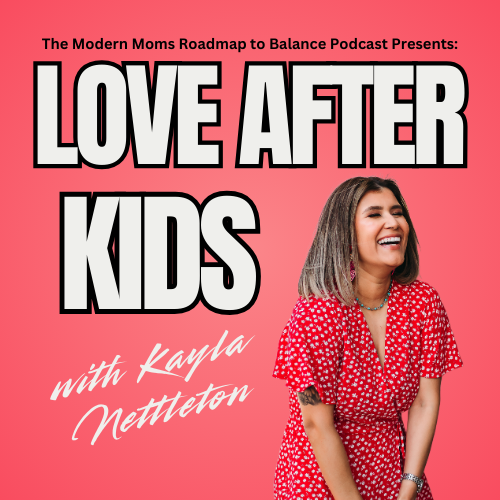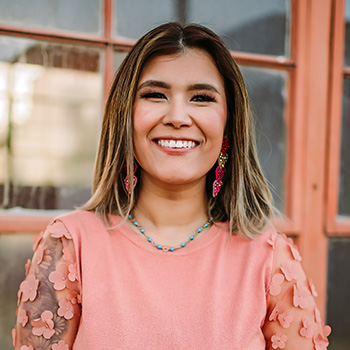When it comes to relationships, especially after kids, understanding your attachment style can be a game changer. In this episode of The Modern Moms Roadmap to Balance: Love After Kids, we’re diving deep into how attachment styles, rooted in childhood experiences, influence the way we connect with our partners. Whether you’ve heard about attachment theory or not, this discussion is designed to give you practical insight into what might be driving disconnection—and how to fix it.
Attachment theory, developed from research on early caregiver relationships, highlights four primary styles: anxious, avoidant, disorganized, and secure. Each of these styles carries patterns of behavior that impact how we give and receive love. The good news? Just because you lean toward a certain attachment style doesn’t mean you’re stuck there. With awareness and effort, you and your partner can develop healthier patterns together.
We kick off the episode by discussing how anxious attachment can lead to overthinking, fear of abandonment, and the need for constant reassurance. If you find yourself texting your partner for updates and getting anxious when they don’t respond right away, this part will resonate with you. On the flip side, we explore avoidant attachment, where individuals may distance themselves emotionally to maintain a sense of independence. If you’ve ever felt frustrated by a partner who seems emotionally unavailable or unwilling to talk about issues, this could offer some clarity.
Disorganized attachment, often stemming from chaotic or traumatic childhoods, is another area we cover. This attachment style can create hot-and-cold behavior, leaving partners confused and unsure of how to navigate conflict. And finally, we talk about secure attachment—the ideal but not impossible goal—where partners can communicate openly, resolve conflicts without escalating, and balance closeness with independence.
But understanding attachment isn’t just about labeling yourself or your partner. This episode emphasizes the importance of self-awareness and reflection. I share an exercise you can try, which involves reflecting on your most recent conflict and identifying the emotions and behaviors that surfaced. This step helps you understand your triggers and how they tie back to your attachment style. Once you have that insight, it’s easier to approach your partner from a place of understanding instead of blame.
As we wrap up part one of this two-part series, I encourage listeners to invite their partners into this journey. But instead of presenting attachment theory as a list of red flags or criticisms, we focus on using it as a tool for growth. By understanding each other’s needs, fears, and triggers, couples can move past the frustration of feeling disconnected and build stronger emotional connections.
Whether you’re dealing with frequent miscommunication, feeling distant after the arrival of kids, or just want to deepen your bond, this episode offers actionable insights to get you started. And stay tuned for part two, where we’ll dive into how to use this knowledge to strengthen your relationship even further.
Because, at the end of the day, understanding attachment isn’t about finding flaws—it’s about creating the relationship you and your partner deserve.
About the Podcast Host
Kayla Nettleton is a licensed TX-based therapist, business owner, mom of 3, and marketing coach for therapists.
In her private practice, Kayla helps women break free from cycles of anxiety, perfectionism, and people-pleasing. Her holistic approach guides clients toward authentic, fulfilling lives by reconnecting with their intuition, setting boundaries, and building confidence.
Kayla also works with couples, especially parents balancing marriage and family. She offers both traditional couples therapy and focused intensives (6 to 18 hours) to help partners address key issues like communication, trust, and intimacy.
Through empathy and effective therapeutic tools, Kayla helps couples reconnect, thrive, and create healthier, more supportive relationships—benefiting the entire family. Her practice transforms self-doubt and disconnection into growth, healing, and lasting change.
Find Kayla on IG
@therapy.with.kayla
Email: kayla@kaylanettleton.com
Free Consultation: Schedule a Free 20 minute therapy consultation here.
Never Miss an Episode! Subscribe Here


